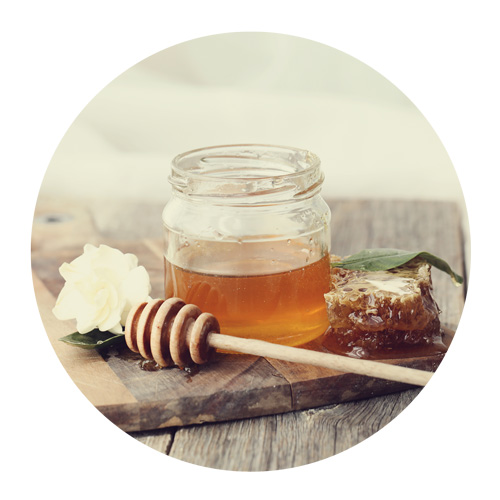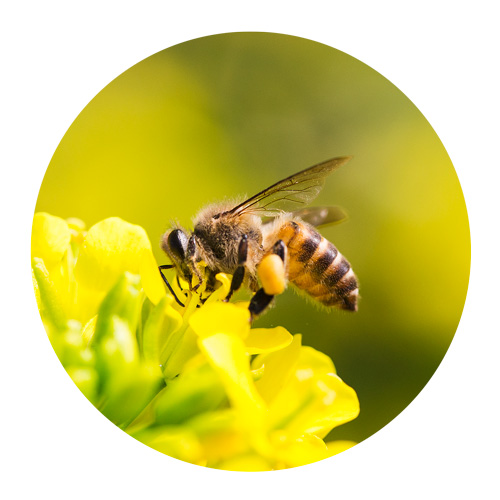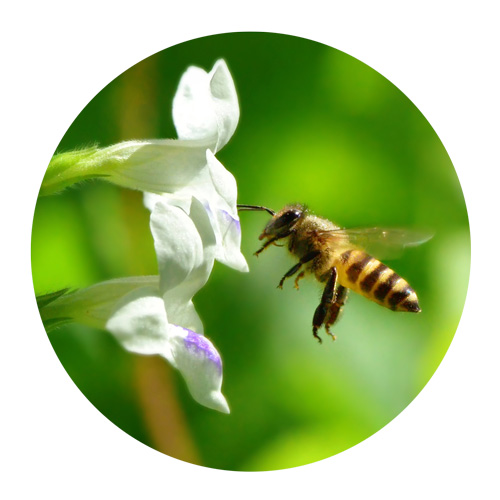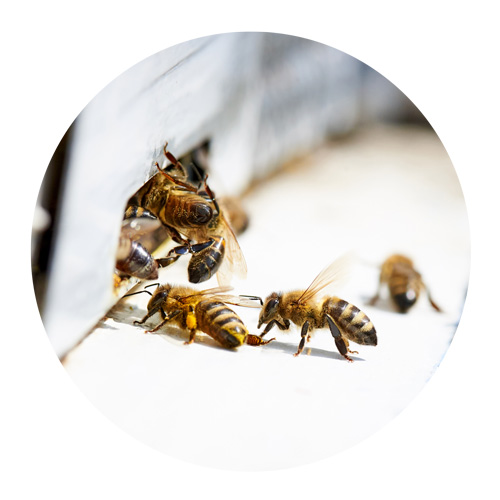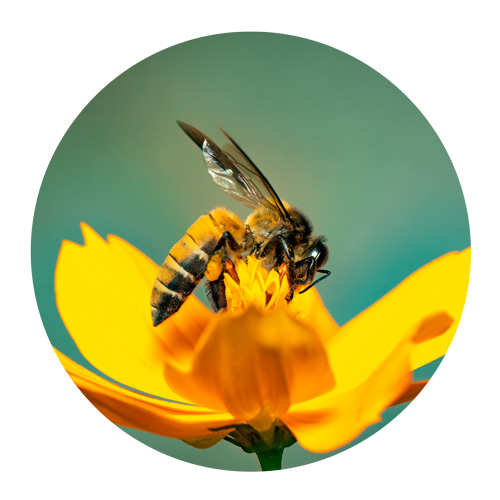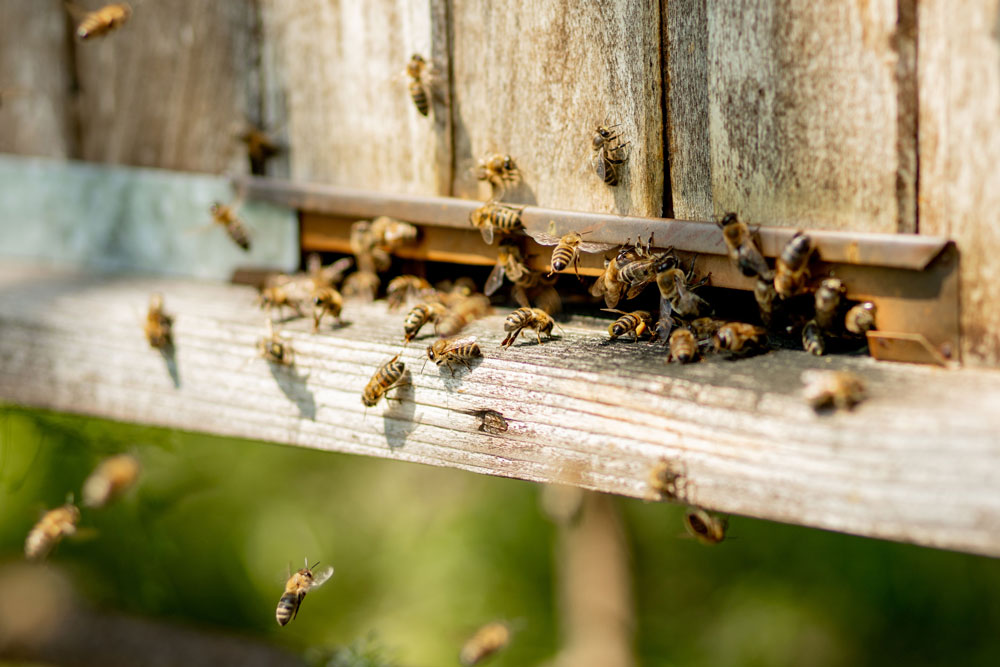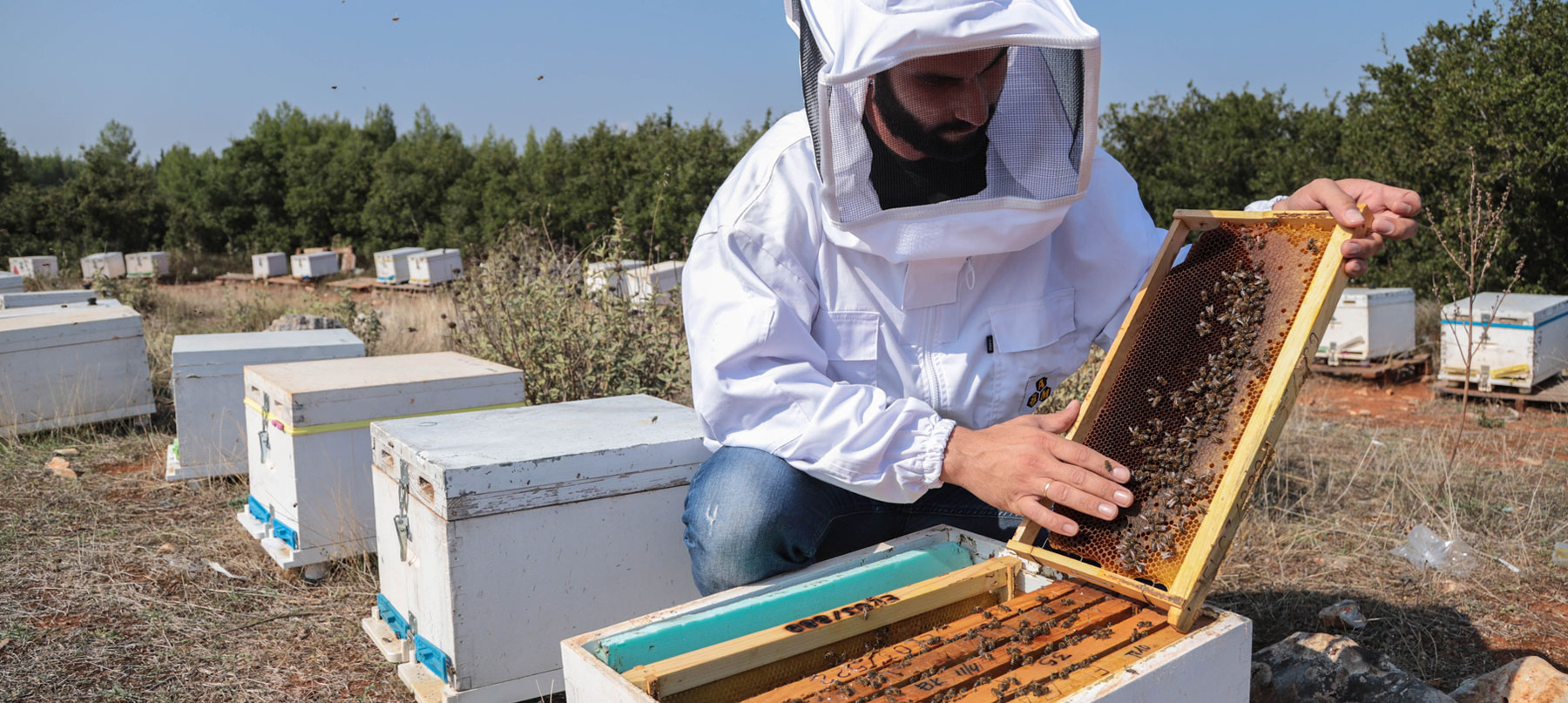Save the bees!
Without the bees – and given that air, also a capable pollinator, is not enough to cover all the needs – scientists estimate that our food would be dramatically reduced to corn, rice, and wheat. Bees are so important that an average colony of bees is estimated to be 20 to 40 times more valuable for pollinating plants than for honey production.
What kills the bees.
It was in the late 1990s when it was observed that bee colonies had begun to be destroyed on a global level. The ongoing population decline is now a major concern for the scientific community.
We know that bees die for a variety of reasons – harmful pesticides, drought, environmental damage, air pollution, global warming and many others. Many of these reasons are interrelated. Man is obviously responsible for the two most important reasons for the loss of bees: pesticides and the destruction of the environment.
Beekeeping in Greece.
With more than 1,200 species, Greece is the country with the largest diversity of wild bees in Europe. According to EU data for 2018, Greece ranks sixth in the EU regarding the beehives number, 16th in beekeepers and 6th in honey production.
However, threats are also apparent here. Recent research by the Laboratory of Biogeography and Ecology at the University of the Aegean has identified overgrazing, high-intensity fires, excessive beekeeping and electromagnetic radiation from mobile antennas as key factors in reducing biodiversity. And what might feel quite terrifying is that the effects of climate change are yet to be fully revealed.
While the research figures reported on declining bee populations are alarming, global awareness campaigns are already happening. The initiative to completely abolish the use of dangerous pesticides by some countries and the abolition of genetically modified crops from eight European countries so far is a good start. Widespread adoption of organic farming practices is undoubtedly the ideal solution to regulate mass food production, enhance the preservation of the natural and uncontaminated ecosystem while protecting the well-being of the precious bee in the long term.
Sources: Greenpeace.org, theguardian.com, sciencetimes.com, tvxs.gr

